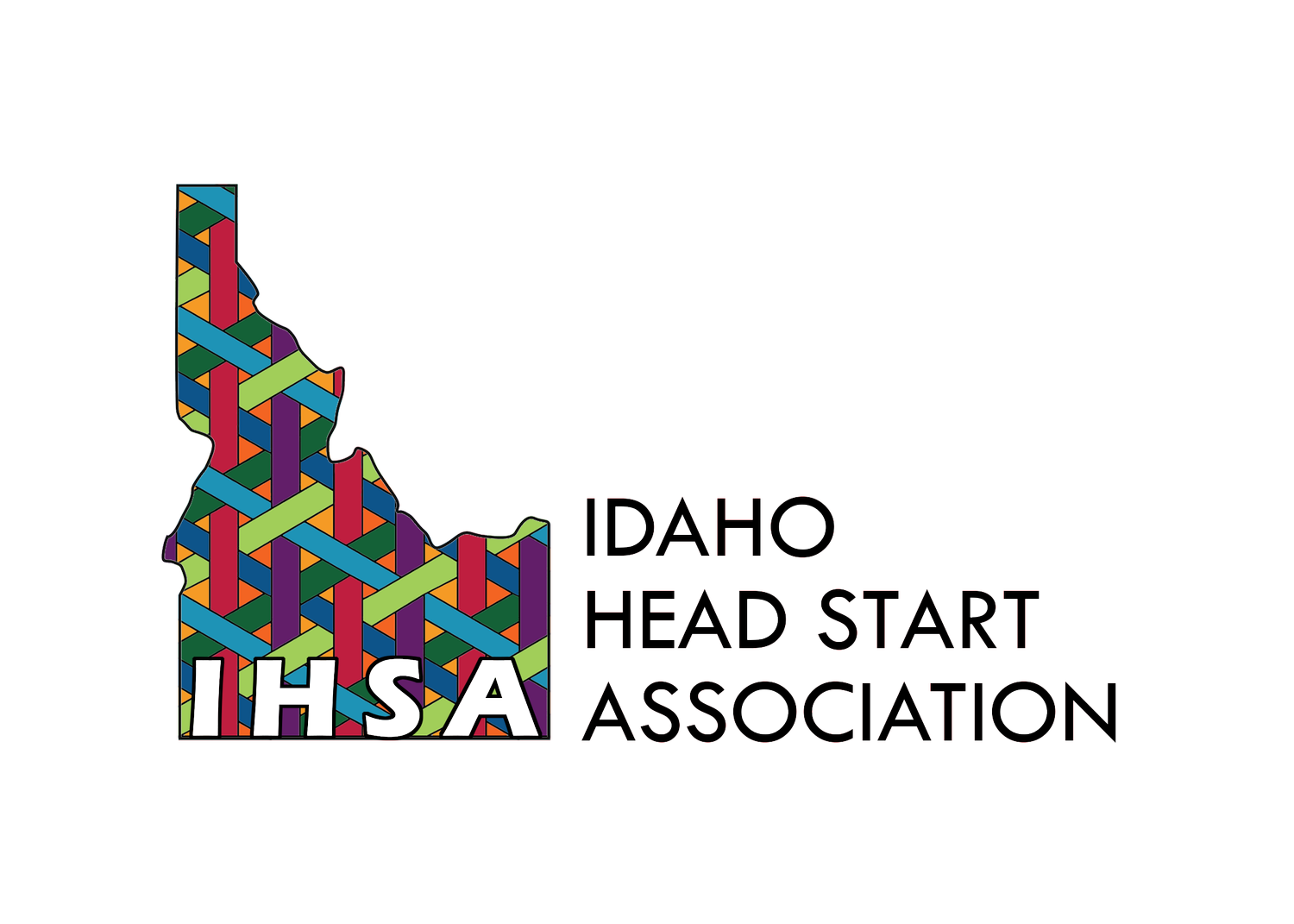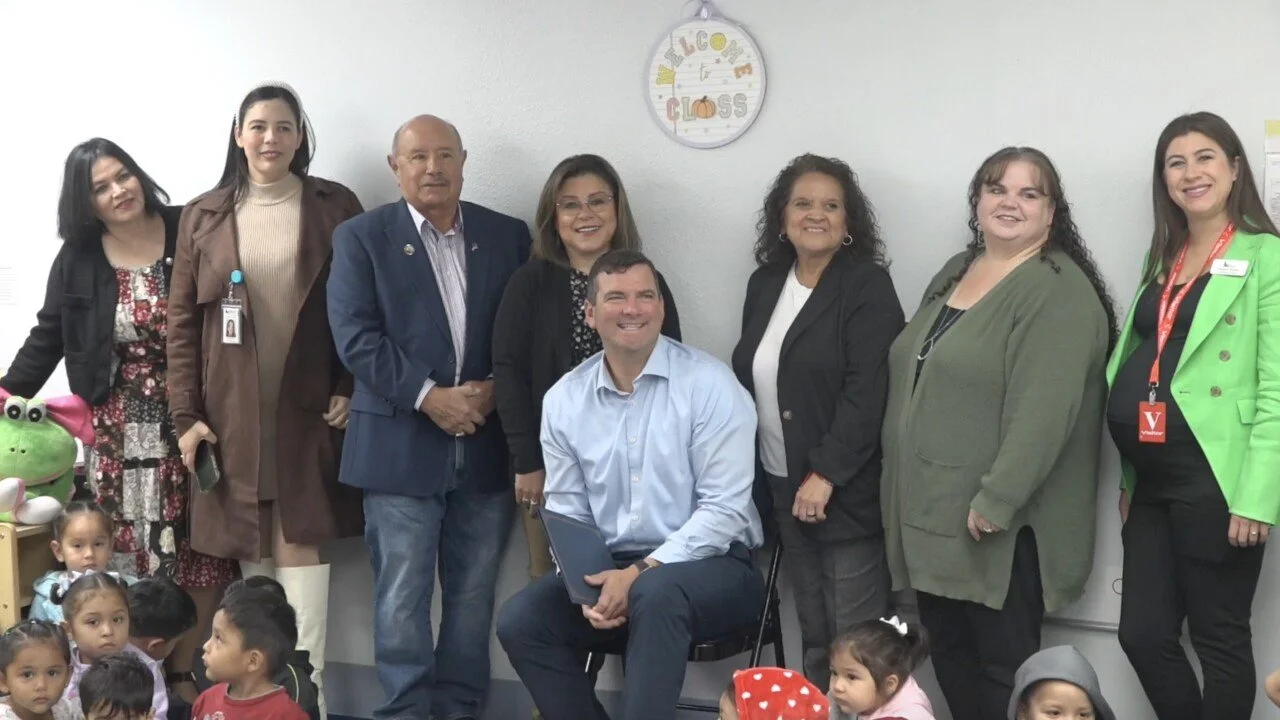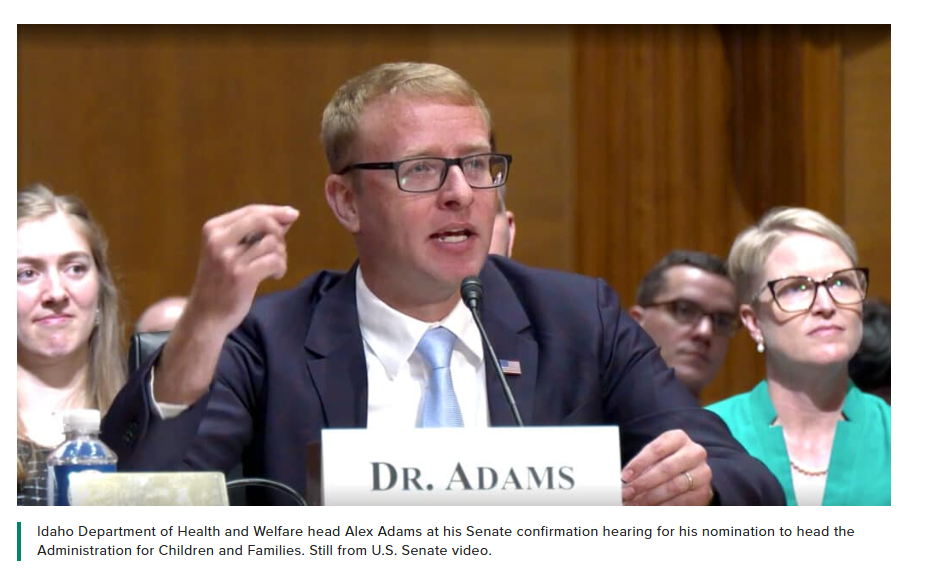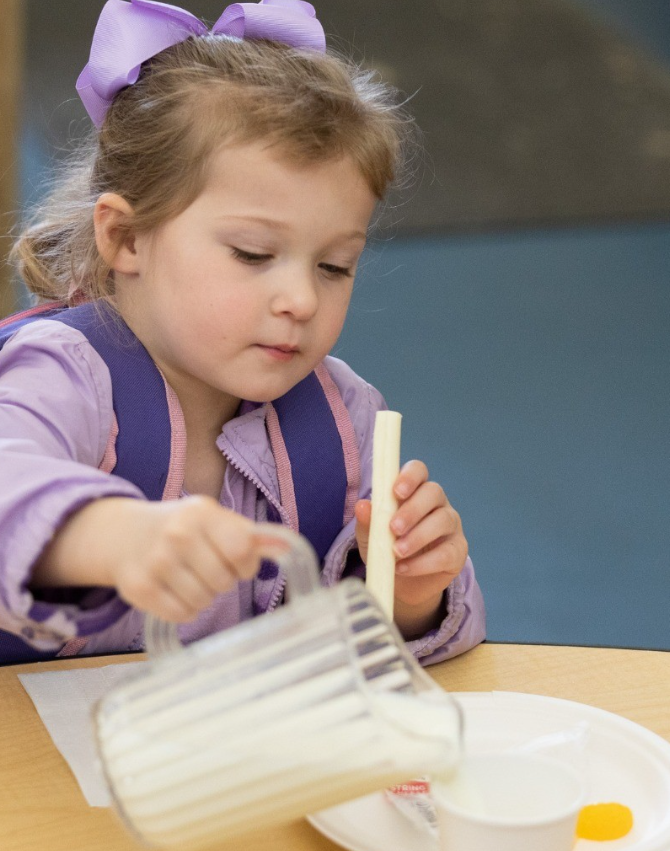We organized a proclamation reading with Caldwell Mayor, Jarom Wagoner, at the Migrant & Seasonal Head Start program at Community Council of Idaho.
https://www.kivitv.com/caldwell/caldwell-mayor-jarom-wagoner-joins-families-and-educators-to-recognize-head-start-awareness-month









